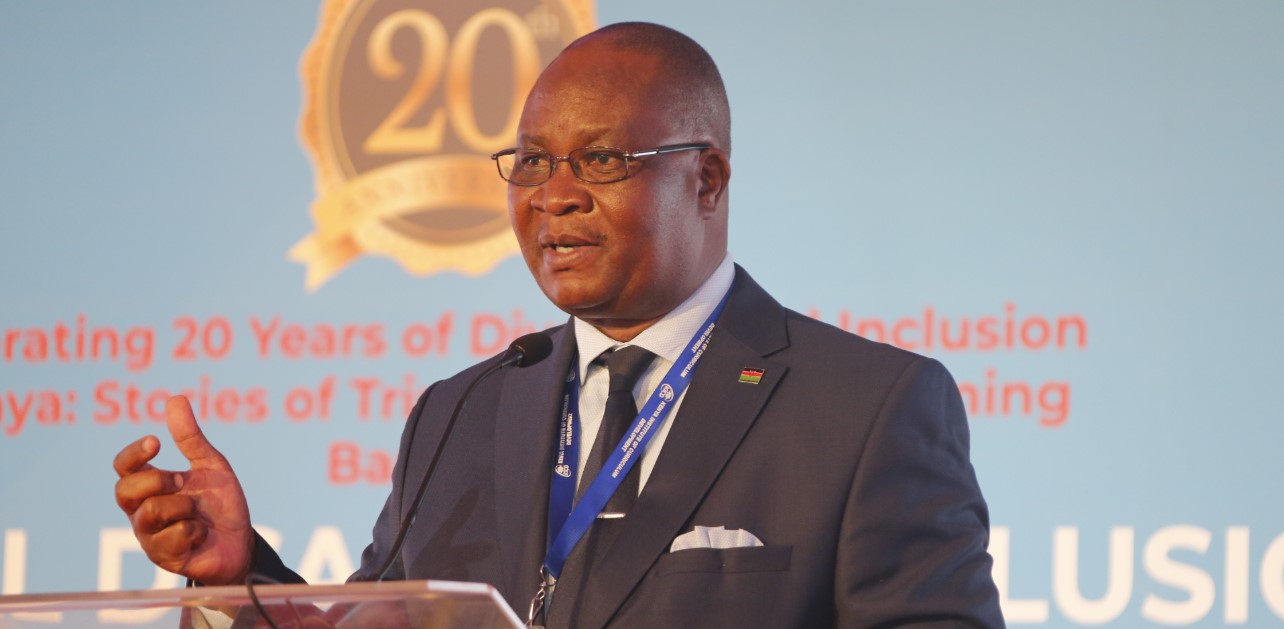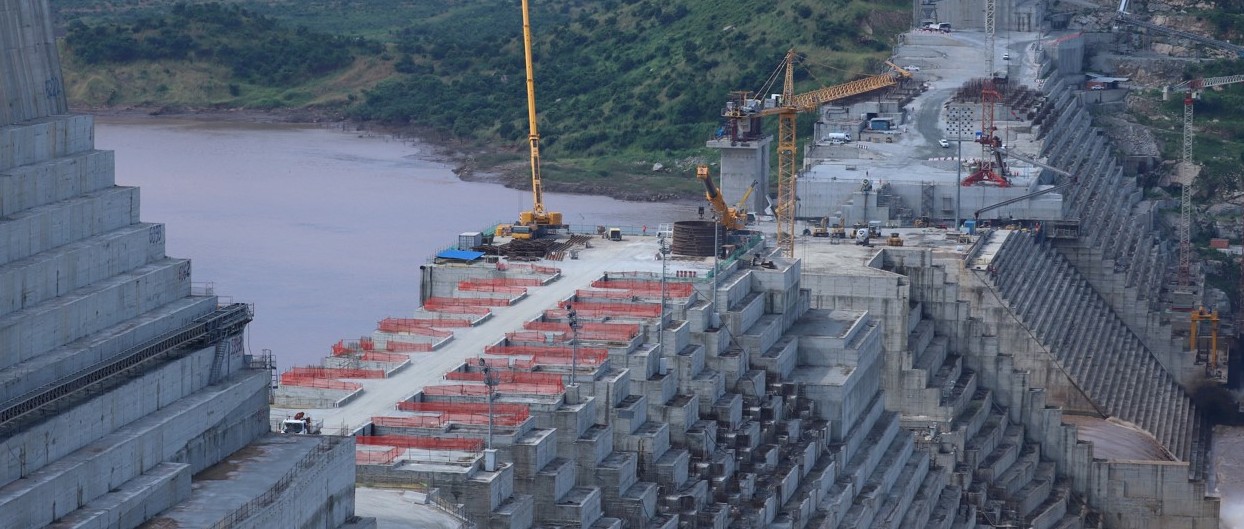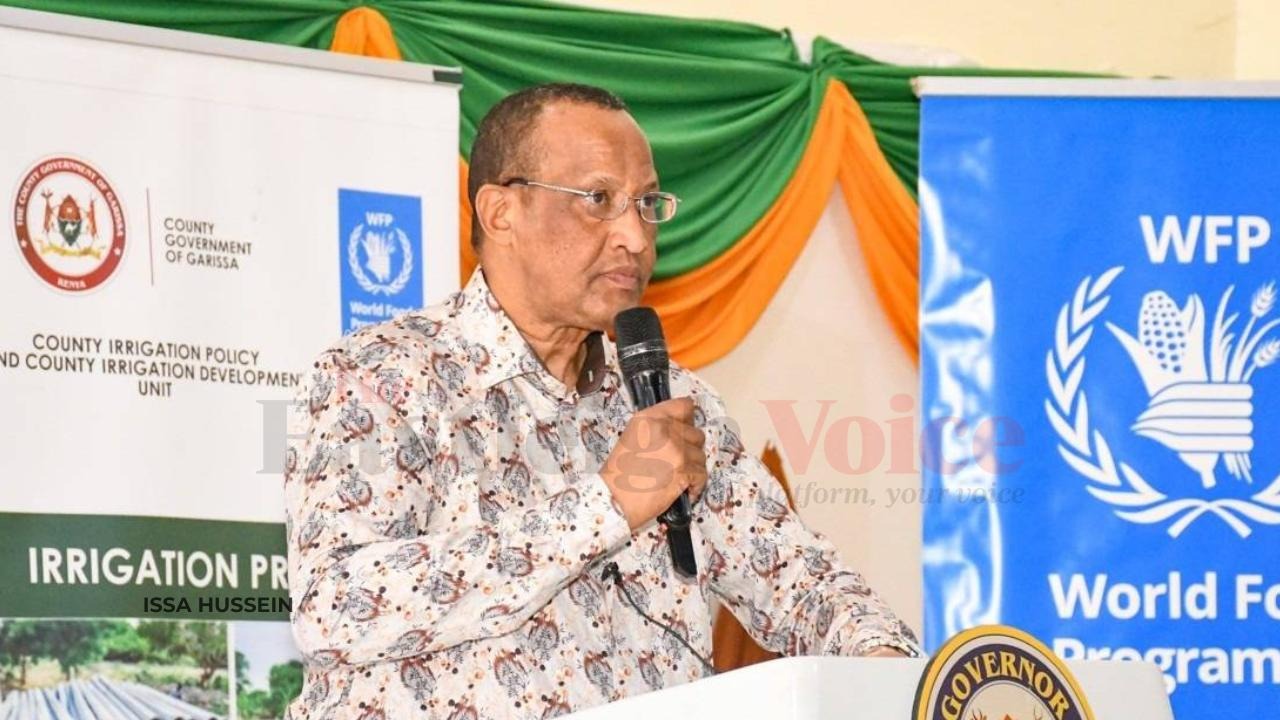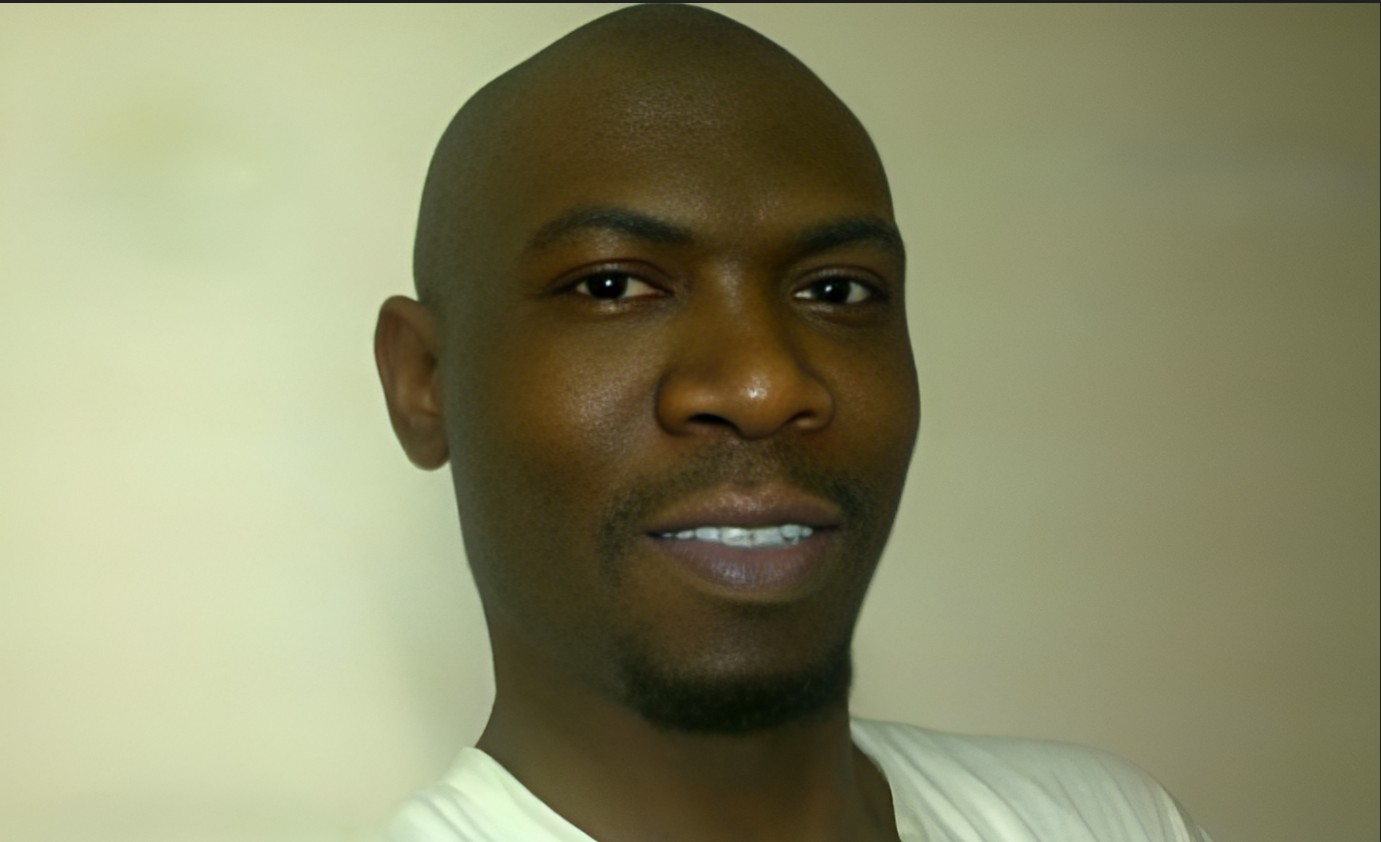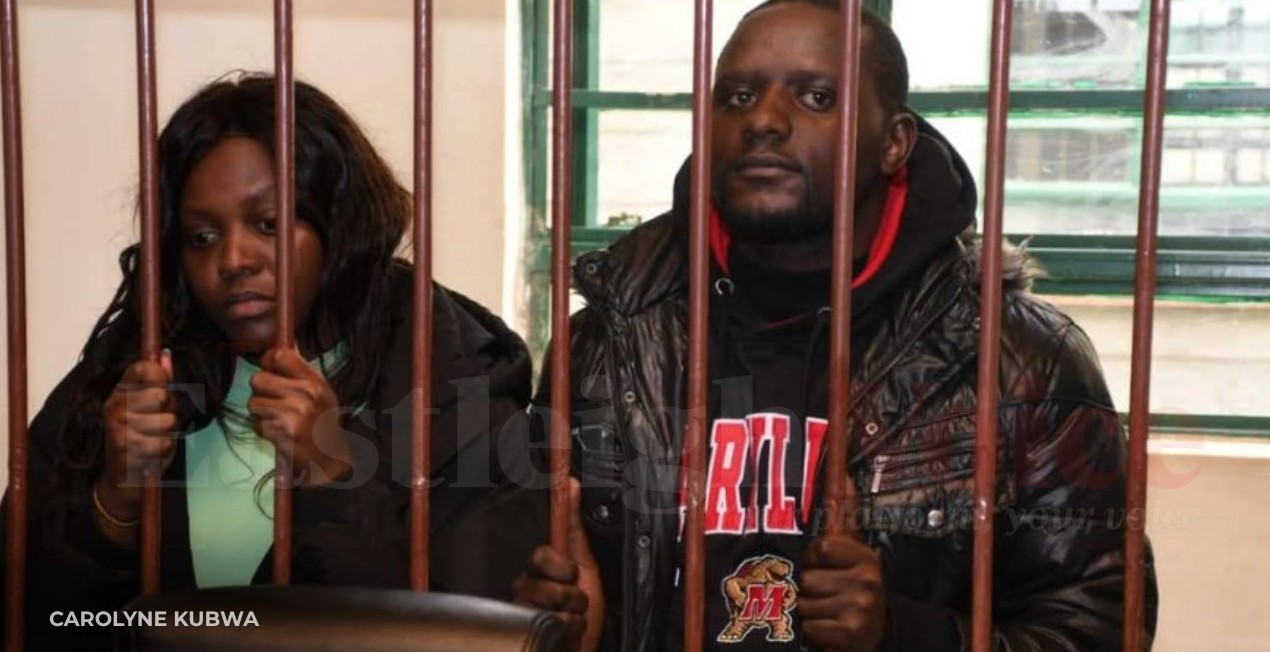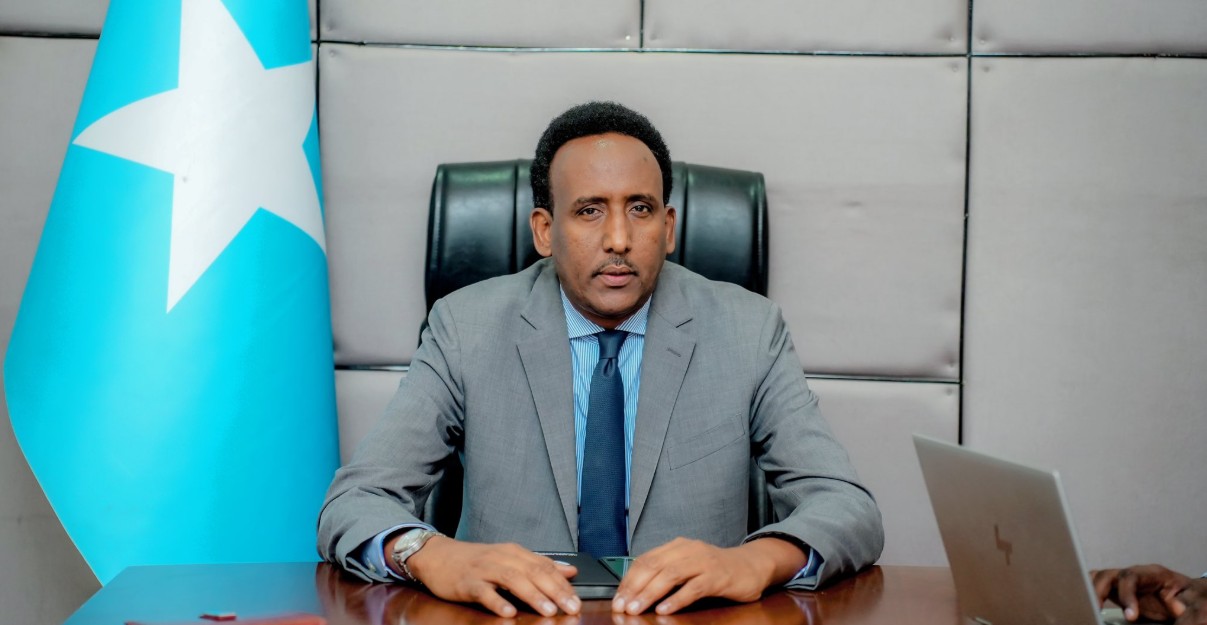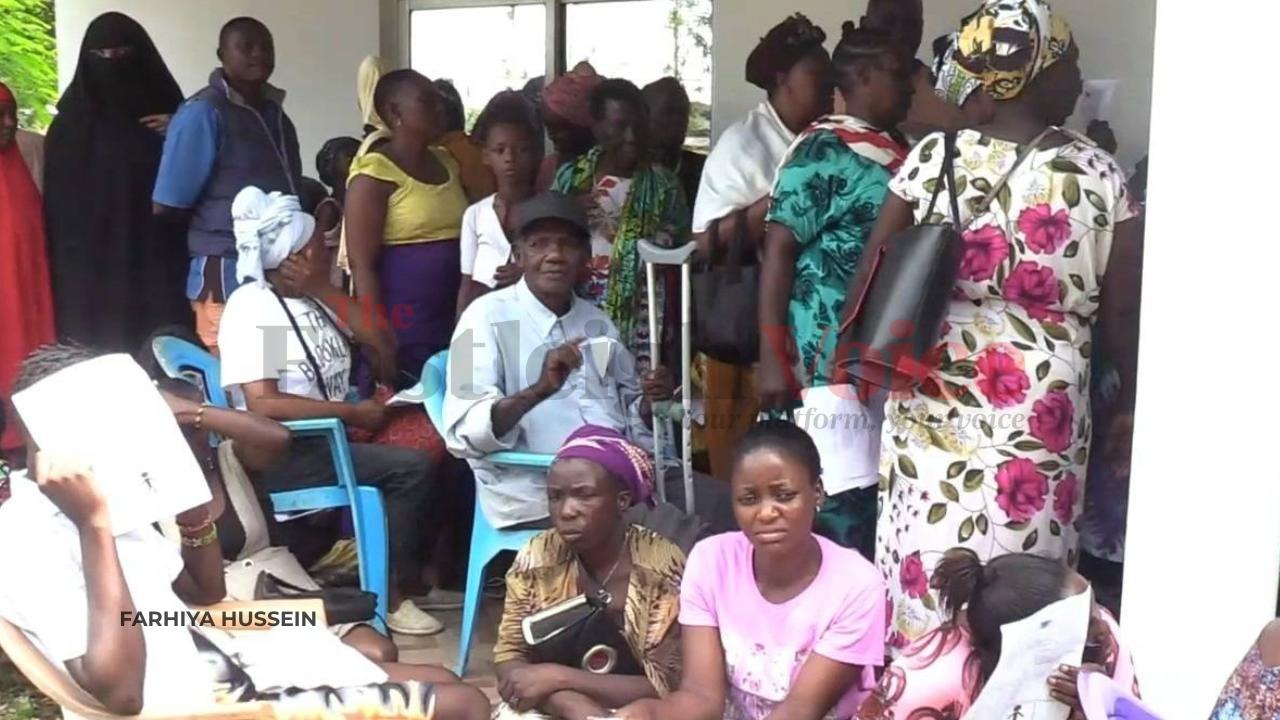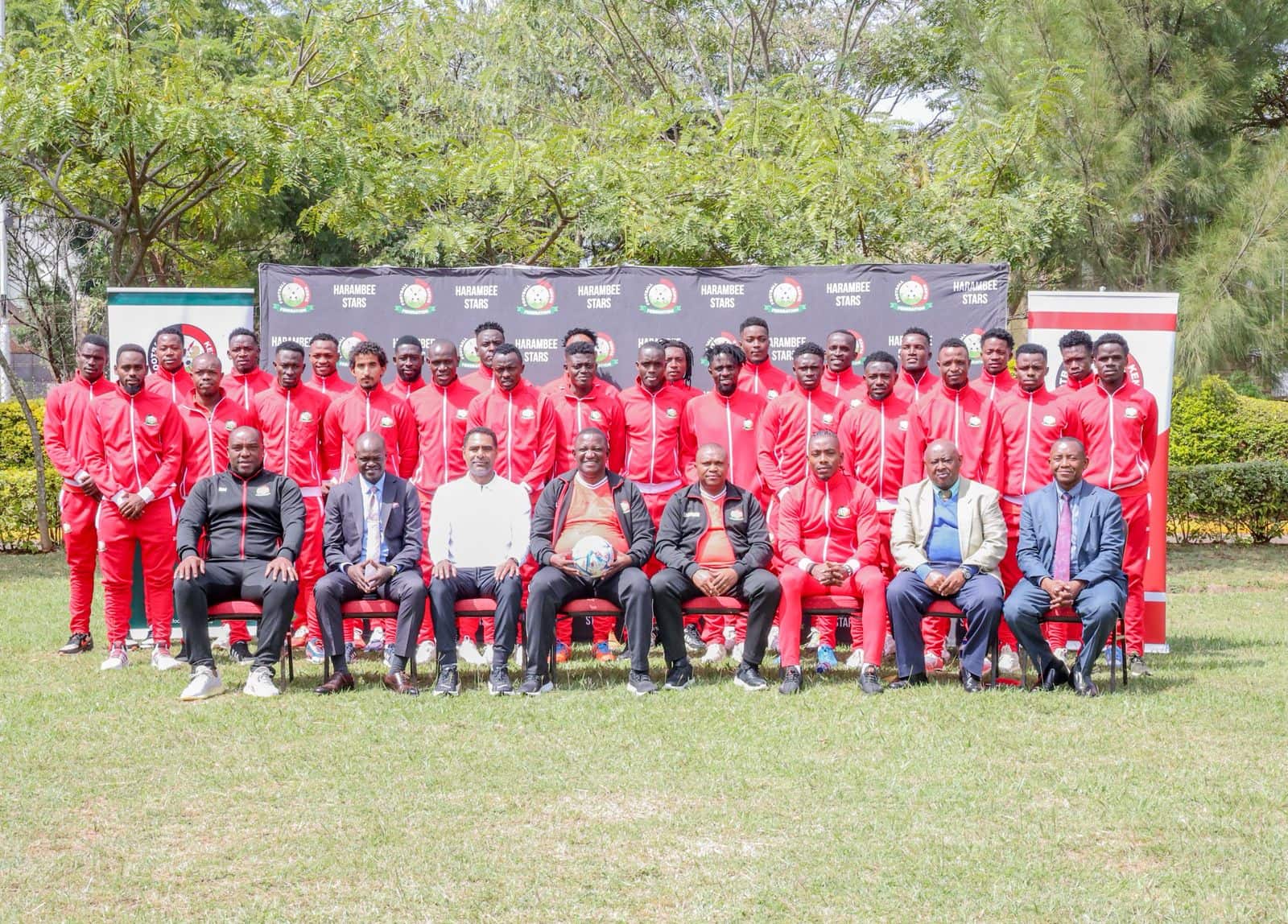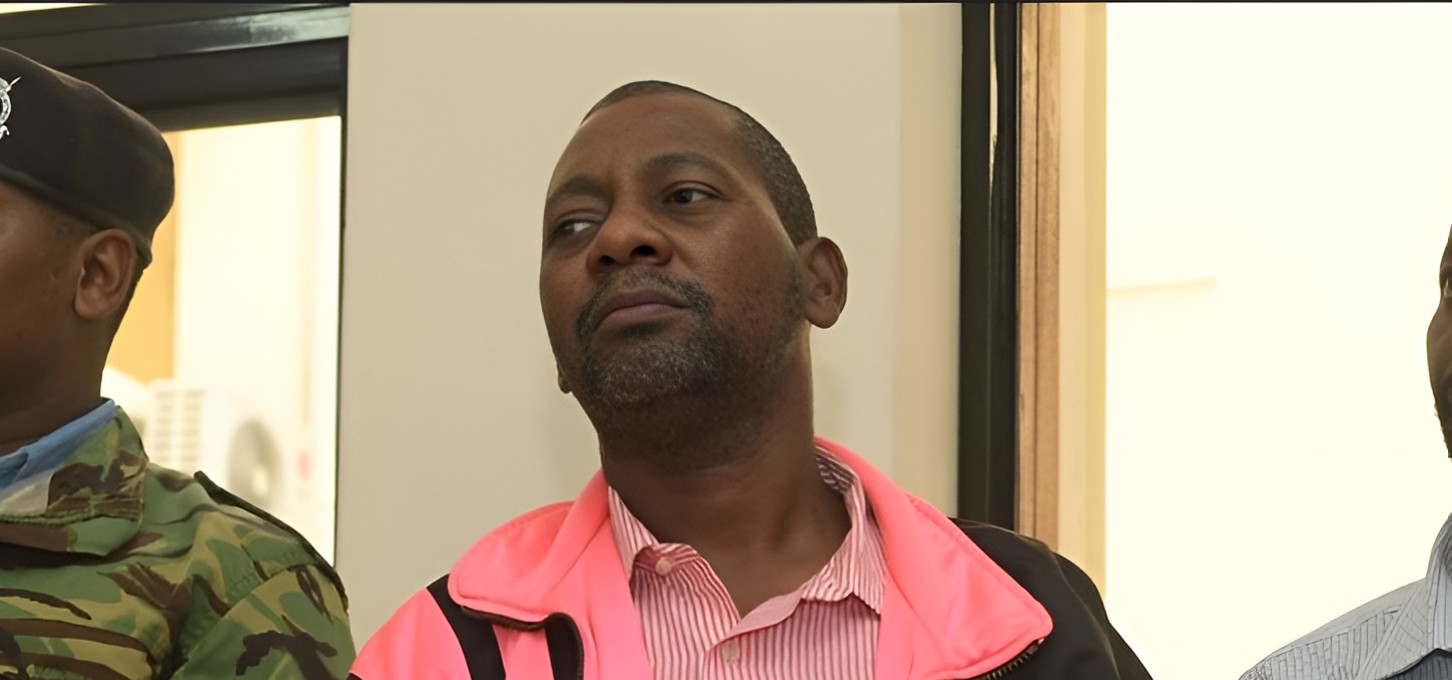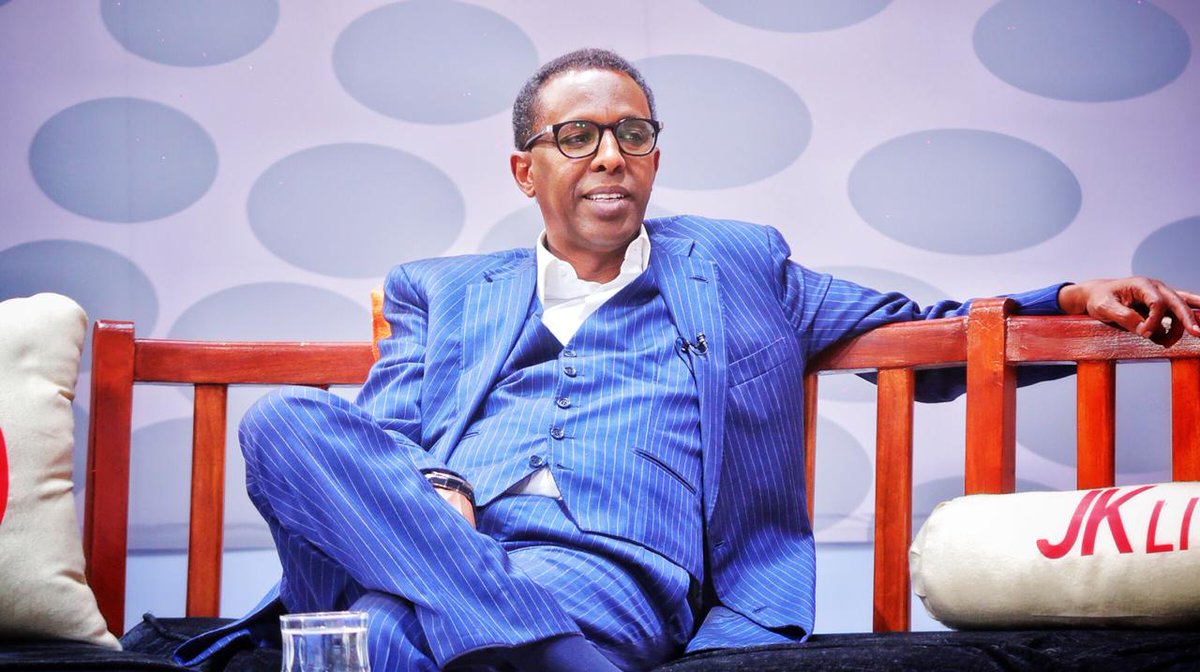LSK urges Parliament to revive dormant right to recall non-performing MPs
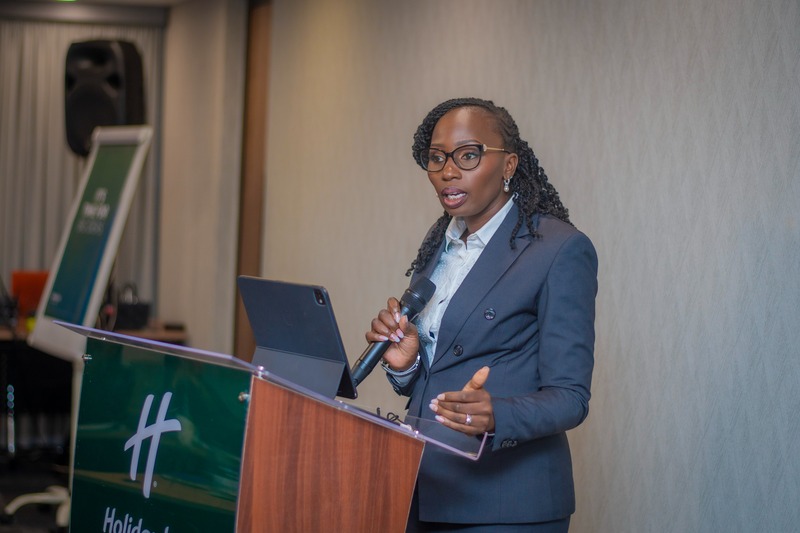
LSK President Faith Odhiambo said it was unfortunate that the legislative gaps created by a 2017 court ruling have never been addressed, leaving the recall process dormant in both law and practice.
The Law Society of Kenya (LSK) has raised alarm over the paralysis of the constitutional right to recall non-performing Members of Parliament, urging Parliament to urgently amend existing laws and reinstate the mechanism that empowers citizens to hold their elected leaders accountable.
LSK President Faith Odhiambo said it was unfortunate that the legislative gaps created by a 2017 court ruling have never been addressed, leaving the recall process dormant in both law and practice.
More To Read
- Interior CS Kipchumba Murkomen slams LSK for 'backing violent protest suspects over victims'
- DPP slammed by legal experts for 'weaponising' terrorism charges against peaceful protesters
- Law Society of Kenya cautions public against fraudulent fundraising drives for arrested protesters
- CA under fire from MPs over June 25 order suspending live protest coverage
- Senate proposes law to allow public recall of nominated MCAs in push for equal accountability
- CCTV exposes how goons violently invaded KHRC offices
“It is unfortunate that the necessary legal reconciliation was never done, and as a result, the right has been suspended in law and practice,” she said.
The right to recall legislators is anchored in Article 104 of the Constitution, which gives Kenyans the power to remove non-performing elected representatives, in line with the broader sovereign authority under Article 1.
However, the High Court ruling in 2017 rendered key provisions of the Elections Act unconstitutional, effectively dismantling the legal framework necessary for the recall process to function.
The society has now expressed concern over the continued legislative inaction, stressing that the delay has made the recall clause legally unenforceable.
Attention is now on the Elections (Amendment) Bill, Senate Bill No. 29 of 2024, which is awaiting its second reading in the National Assembly.
While the Bill proposes deleting the invalidated provisions, such as the requirement for recall petitions to be filed in the High Court and clauses excluding certain voters from initiating recall, it also controversially narrows the grounds for recalling a legislator.
LSK has opposed this shift, saying it undermines the original intent of the Constitution.
“The disturbance of the threshold for removal is unnecessary and was not contemplated by the Court in its ruling,” Odhiambo said, urging MPs to uphold the spirit and intent of Article 104 and Chapter 6 on leadership and integrity.
The renewed debate around the right of recall follows fresh public interest after the reconstitution of the Independent Electoral and Boundaries Commission (IEBC).
IEBC Chairperson Erastus Ethekon confirmed last weekend that the Commission has received four petitions seeking to recall various legislators.
He said the Commission would evaluate each petition based on its merit and within the bounds of existing law.
In September 2024, KMK Africa Advocates LLP wrote to the IEBC requesting clarity on the process of recalling a senator.
In response, IEBC Secretary Marjan Hussein cited Article 104 and the Elections Act as the guiding legal texts. However, he acknowledged that key sections of the law, particularly Sections 45 to 48, had been invalidated by the court, making them legally ineffective.
Marjan explained that without these legal anchors, there are currently no valid grounds or procedures in place for recalling a legislator. He further noted that the previous requirement for recall petitions to be filed in court had also been struck down, leaving a significant gap in the adjudication process.
Top Stories Today
